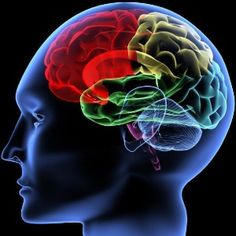Now at first this may sound controversial and possibly harsh to suggest that you are the cause of your own woes or successes. Surely sometimes things happen to us that are outside of our control?
That is perfectly true. But look at it like this – the way that you are influences the way you look at things to a massive extent - and changes the outcome od those events and how you perceive them.
What if I was attacked in the street? Am I saying that it was my fault that I got attacked? No not at all, but because of who I am I may have labelled this attack in one way or another and I may have treated the experience in one way or the opposite. Because of who I am and what I believe, I may have labelled myself as a victim and never left the house again. Or I might have seen this as a challenge to overcome, a reason to take up self-defence or martial arts or a lesson in being more careful.
Equally, what if someone at work is walking all over me? It's me that is allowing that to happen isn't it? By putting up with it, by being seen as a character who allows that sort of thing to be done to me. How I feel about myself will influence how I feel about it. If I had low self-esteem, I might just let it carry on, believing I am worthless. If I had higher self-esteem, I'd more than likely think that person has an attitude problem and I wouldn't let them treat me as a doormat.
Think of some awful event that has happened to you – did you choose to grow from it no matter what or did you choose to allow it to be a terrible thing that has held you back.
I am not saying that you are responsible for other people's actions – indeed that is one of many things that we can't control. Many terrible things happen to wonderful people all the time.
My point is that in life our character defines what we make of things, how we respond to events and what we choose to do when we are treated unfairly or things happen to us that we would rather did not.
People even respond to good events in different ways as well. Are you someone who feels embarrassed by praise and shuts it down or someone who gratefully accepts a few kind words?
When you're happy or sad, do you gather your friends around, or do you shrink away and isolate yourself?
We may need serious help in changing how we respond to things, as a lot of the time our reactions are engrained from when we were little children - what happened to us then and what we were taught still echoes through our reactions to things today. But the good news is, you can change it, no matter how deep these responses are.
Start by being mindful of how you do respond to things. Look at where your reaction gets you. What would be a better way of responding to get the results you desire?
If you choose the language you use to respond to events wisely, you can control the impact of both "good" and "bad" occurrences in your life.
by Beth Burgess, Therapist and author of The Recovery Formula, The Happy Addict, and What Is Self-Esteem?





